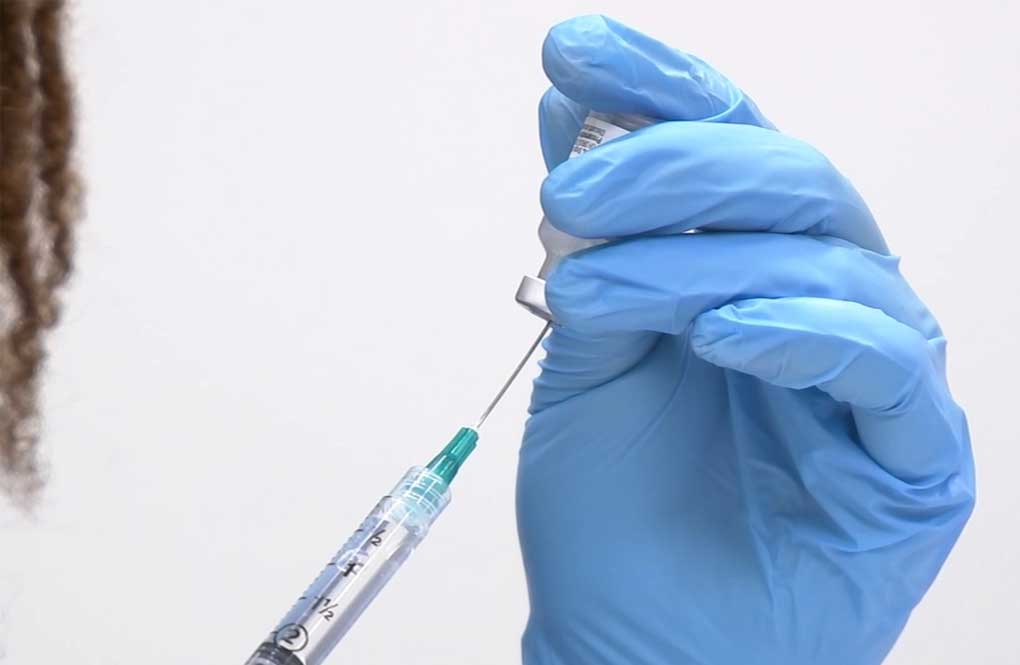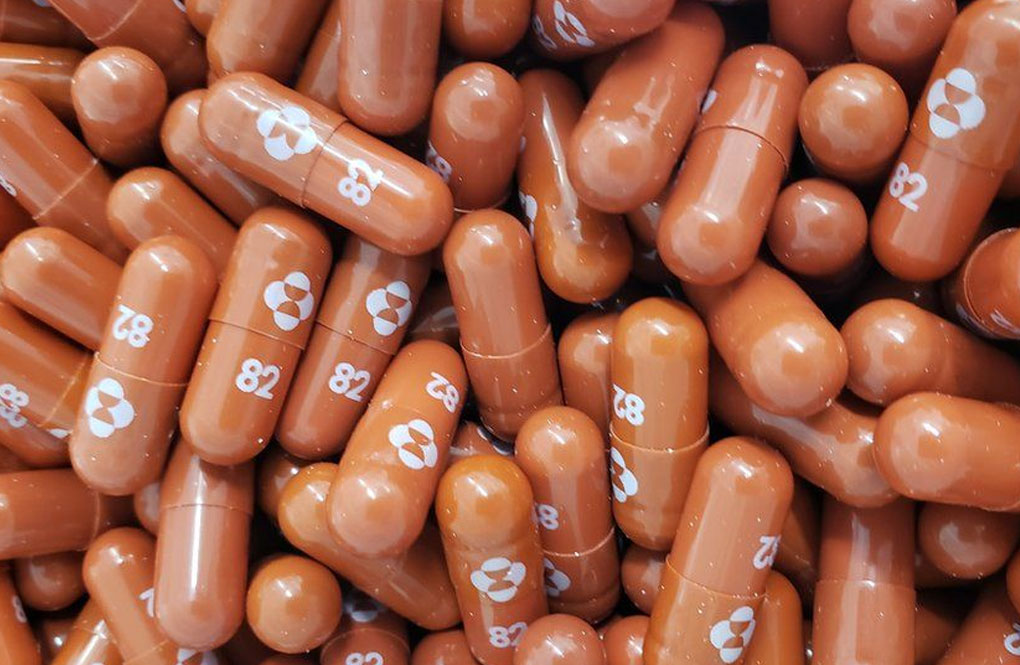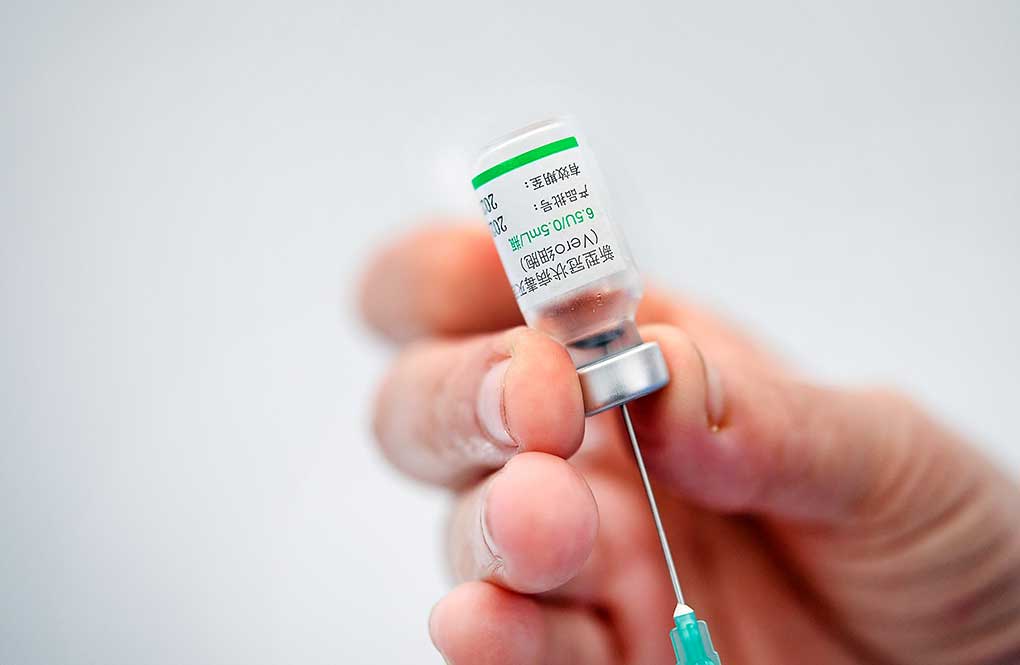The World Health Organisation is warning countries not to impose blanket travel bans over the new Omicron coronavirus variant as governments and scientists try to figure how much protection current vaccines will offer against the strain.
Financial markets fell sharply after the head of drug maker Moderna said existing COVID-19 vaccines would be less effective against the Omicron variant, but they recovered strongly after more reassuring comments from European officials.
BioNTech’s chief executive also struck a cautiously positive note, saying BioNTech and Pfizer’s vaccine was likely to offer strong protection against severe disease from Omicron.
The WHO said blanket travel bans would not stop the new variant’s spread but would place a “heavy burden” on lives and livelihoods.
It advised governments to take measures such as screening or quarantine of international passengers if the evidence warranted it.
However, people who are unwell or at higher risk of developing severe COVID-19, including those 60 years or older, should postpone travel, the WHO said in a statement.
WHO Gecretary-General Tedros Adhanom Ghebreyesus said he understood the concerns about Omicron.
But he added: “I am equally concerned that several member states are introducing blunt, blanket measures that are not evidence-based or effective on their own, and which will only worsen inequities.”
European Medicines Agency executive director Emer Cooke told the European Parliament that existing vaccines would continue to provide protection.
Andrea Ammon, chair of the European Centre for Disease Prevention and Control, said the cases of Omicron so far confirmed in 10 European Union countries were mild or without symptoms, although in younger age groups.
News of Omicron’s emergence wiped roughly $US2 trillion off global stocks on Friday, after it was identified in southern Africa and announced on November 25.
Reuters could not reach Moderna for comment.
The University of Oxford said there was no evidence that current vaccines would not prevent severe disease from Omicron, but that it was ready to rapidly update its shot, developed with AstraZeneca, if necessary.
Regeneron Pharmaceuticals said its COVID-19 antibody cocktail and other similar antiviral treatments could be less effective against the latest variant.
EMA’s Cooke said lab tests for “cross neutralisation” would take about two weeks. If there were a need to change COVID-19 vaccines, new ones could be approved within three or four months, she said.
“Vaccination will likely still keep you out of the hospital,” said John Wherry, director of the Penn Institute for Immunology in Philadelphia.
Moderna and fellow drugmakers BioNTech and Johnson & Johnson are already working on vaccines that specifically target Omicron. Moderna has also been testing a higher dose of its existing booster.
BioNTech chief executive Ugur Sahin told Reuters that BioNTech and Pfizer’s vaccine was likely to offer strong protection against severe disease from the new variant.
Sahin said he expects lab tests to show some loss of protection against mild and moderate disease due to Omicron but the extent of that loss was hard to predict.
But border closures have already cast a shadow over economic recovery, with parts of Europe now seeing a fourth wave of infections as winter sets in.
Many of the new travel restrictions have focused, to South Africa’s fury, on banning flights to and from southern Africa.
Japan confirmed its first case of the new variant on Tuesday, in a traveller from Namibia.
Britain and the United States have pushed their booster programs in response to the new variant. London said international arrivals would have to self-isolate until they had a negative result in a PCR test.
Greece said vaccination would be compulsory for the over-60s, the group seen as most vulnerable to COVID-19.
The Dutch health authority said Omicron was already spreading in the Netherlands, where intensive care beds are running out and measures including restrictions on hospitality have yet to take effect.
(AAP)













